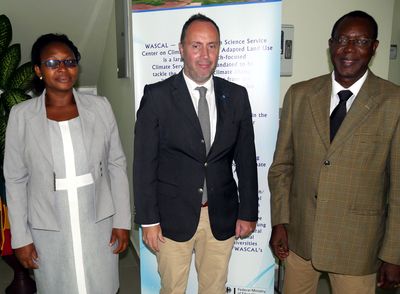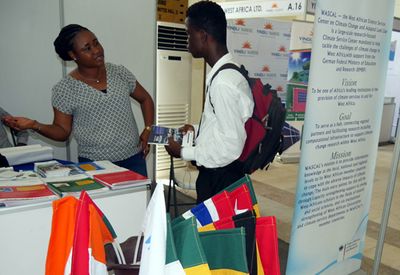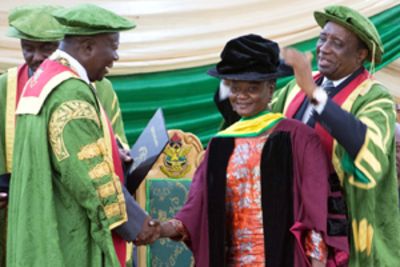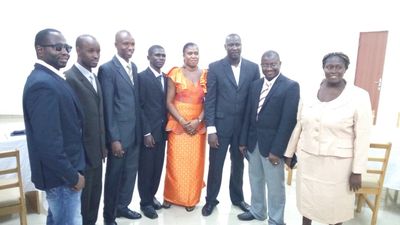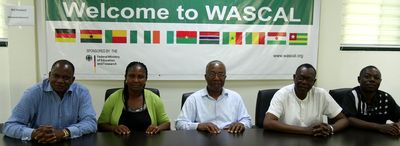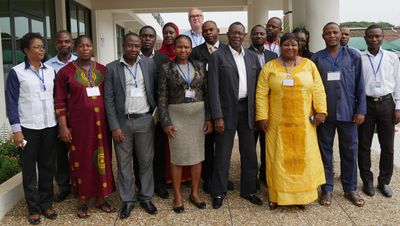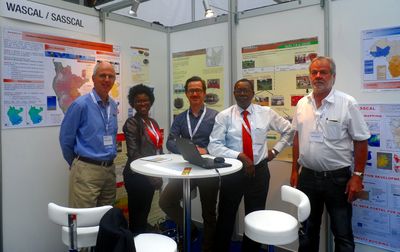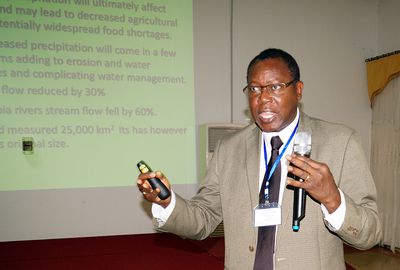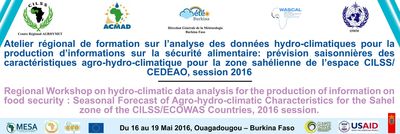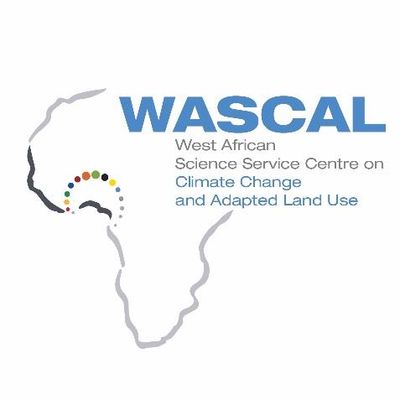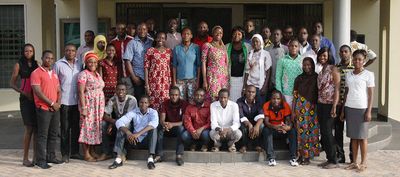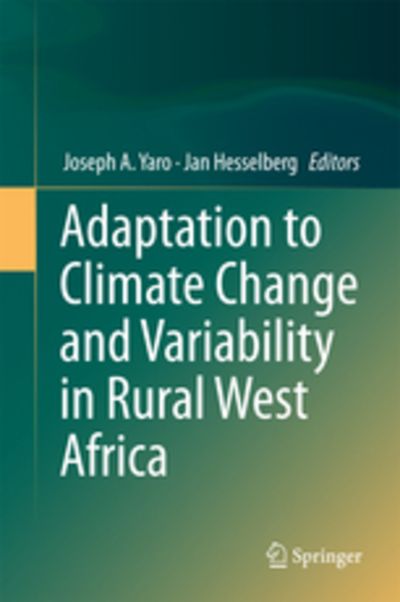The ambassador indicated that his government, who has already funded 50 Ghanaians to study in Hungary this year, would support the Capacity Building Department of WASCAL to enable it to continue building the next generation of scientists and policy makers, especially in the area of climate change and agriculture.
Mr. András disclosed this in a meeting with the management of WASCAL in Accra. He also commended WASCAL for its dedication and magnitude of achievements within the short time of its operations.
As part of the partnership, WASCAL has been invited by the government of Hungary to the opening ceremony of the Budapest Water Summit 2016, where the Executive Director, Dr. Laurent Sedogo would be part of the High Level Panel Discussion.
The November event will be discussing the topic “How To Get Green”. It would also serve as a great opportunity for WASCAL to strengthen its relationship with the global stakeholders, including the Hungarian government.


